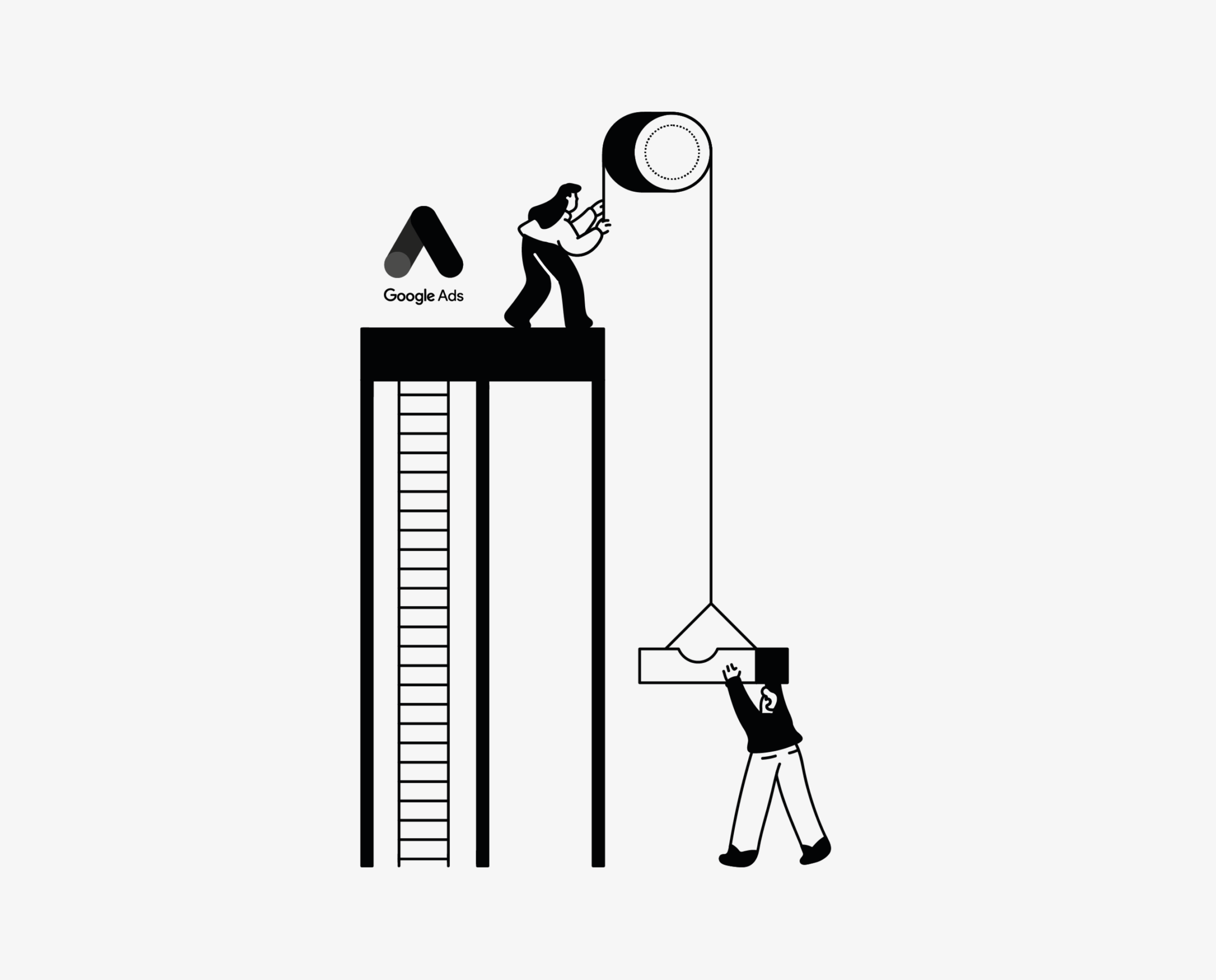Round-up of our best-performing e-commerce platforms
You certainly have resolved a few matters since you hatched your business idea: your company name, business model, products, etc. Now, all that remains is opening your online store. But which to choose?
Choosing a platform for an online store is an important decision that engages your business in the long term. Indeed, moving your website from one platform to another later on is generally complex and costly. Of course, if you want to undertake an initial round of evaluating platforms for your future online store before contacting an external partner, or if you decide to embark on this adventure alone, here are a few points that will be useful in helping you make a decision.
We suggest analyzing the following e-commerce platforms for launching your online store.
Shopify
To begin, Shopify is a Canadian platform and is one of the most-used e-commerce companies worldwide. Easy to use and intuitive, Shopify provides various options for creating an online store that reflects your company image. One of Shopify’s strong points is the quality of its SEO parameters. Also, Shopify provides tools for tracking so you can analyze your website’s performance.
Shopify Pros
Customer service
Organic search results
Multiple available plugins
Your clients can choose their payment option
Shopify Cons
Your client’s membership fees are slightly higher than their competitors
| Shopify Pros | Shopify Cons |
|---|---|
| Their customer service
Organic search results A number of available plugins Your clients can choose their payment option |
Their membership fees are slightly higher than their competitors’ |
Wix
Founded in 2006, Wix is simple to use. In fact, the platform offers numerous sophisticated and professional templates. Since the designs are classified by activity, it is easier to find a model that suits your industry. Unlike other platforms, online stories created with Wix are not entirely responsive in the strictest sense. Still, configuring your website’s mobile version may take some time.
Wix Pros
Elegant and professional design
Easy to manage
Good quality/price ratio
Good SEO functions
Templates are catered to your business type (restaurant, hotel, music, etc.)
Wix Cons
Not recommended for a multilingual site
Coding isn’t accessible (HTML/CSS)
If you want to change the design, you have to redo the entire content
Emails associated with the domain name aren’t provided
| Wix Pros | Wix Cons |
|---|---|
| An elegant and professional design
Easy to manage A good quality/price ratio Good SEO functions Templates are catered to your business type (restaurant, hotel, music, etc.) |
Not recommended for a multilingual site
Coding isn’t accessible (HTML/CSS) If you want to change the design, you have to redo the content entirely Emails associated with the domain name aren’t provided |
WooCommerce
Launched in September 2011, this plugin quickly became famous for its simple installation and possibilities for personalization. WooCommerce is the e-commerce version of WordPress. Also, this platform is ideal for small to medium-sized businesses or individuals who already have a WordPress blog and want to add an online store to it at the lowest possible cost.
WooCommerce Pros
Free basic package
Managing of multiple extensions to personalize your online store
Easy management of inventory
Detailed sales statistics
WooCommerce Cons
Certain themes are not compatible with the basic package
Elevated cost of certain extensions
| WooCommerce Pros | WooCommerce Cons |
|---|---|
| Free basic package
Managing a number of extensions to personalize your online store Easy management of inventory Detailed sales statistics |
Certain themes are not compatible with the basic package
The elevated cost of certain extensions |
BigCommerce
To continue, this is the 4th most-used e-commerce platform on the internet. Nevertheless, BigCommerce seems to be less popular than other platforms in Google searches. Precisely, their package is easy to use and provides tools for maximizing purchase conversion rates. Also, BigCommerce supplies various relevant options to support small businesses launching on e-commerce. It is important to note the platform hosts prestigious clients, such as Ubisoft, Toyota, Gypson, etc.
BigCommerce Pros
An easy-to-use platform
Multiple available options
SEO solutions that facilitate Google searches
Options that promote conversion maximization
BigCommerce Cons
Difficulties with personalization
Fees change according to the volume of online transactions
Certain plugins are expensive
| BigCommerce Pros | BigCommerce Cons |
|---|---|
| An easy-to-use platform
A number of available options SEO solutions that facilitate Google searches Options that promote conversion maximization |
Difficulties with personalization
Their fees change according to the volume of online transactions Certain plugins are expensive |
Squarespace
Created in 2003, this website-creating platform is also a hosting site. Squarespace distinguishes itself with its modern and refined designs and templates. Websites created on this platform are responsive. Precisely, they adapt perfectly to mobile and tablet formats.
SquareSpace Pros
Refined design
Easy management
SquareSpace Cons
Technical support
Cost
Fewer options for personalization
| Squarespace Pros | Squarespace Cons |
|---|---|
| The refined design
Easy management |
Technical support
Cost Fewer options for personalization |
PrestaShop
Used by over 300,000 people worldwide, PrestaShop is the ideal tool for a small company that wants to create an online store. Management is simple and you can activate or inactivate plugins, according to your activity. Hence, PrestaShop offers good options for managing your logistics and inventory.
PrestaShop Pros
Simple to use
Technical support
Active community
Possibility to offer promotions and discount vouchers
PrestaShop Cons
Their search engine referrals aren’t very optimized
Expensive themes
| PrestaShop Pros | PrestaShop Cons |
|---|---|
| Simple to use
Technical support An active community Possibility to offer promotions and discount vouchers |
Their search engine referrals aren’t very optimized
Expensive themes |
Magento
This e-commerce platform is the oldest and most used when it comes to B2B. Whether you have a project that needs a massive product catalogue, choose Magento. Indeed, two of Magento’s points are personalization and its rich functionality. However, Magento is a complex platform. You will most likely need the services of a partner (like us!) to develop your website.
Magento Pros
Possibilities for personalization
Their platform is 100% geared around SEO
Possibility to create a personalized website for each country
Magento Cons
The interface is less ergonomic than other platforms
On the hosting side, it requires a lot of support
- Pages take longer to load since they contain a lot of information
| Magento Pros | Magento Cons |
|---|---|
| Possibilities for personalization
Their platform is 100% geared around SEO The possibility to create a personalized website for each country |
The interface is less ergonomic than other platforms
On the hosting side, it requires a lot of support The pages contain so much information they take longer to load |
Main keypoints to remember
As you may have realized over the course of this article, choosing a platform to develop a website for an online store reveals a multitude of critical factors. Clearly, there is a lot to consider! However, our team of experts can accompany you on different stages of your project, from development to integration, and global strategic marketing. Contact us, or learn with us!











